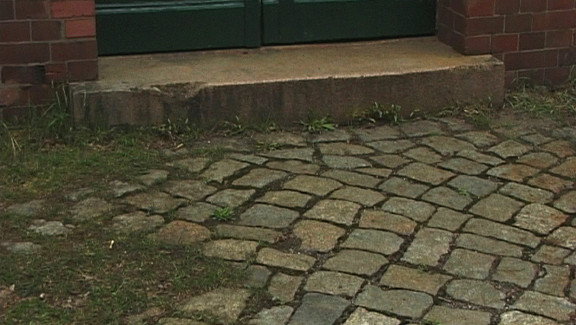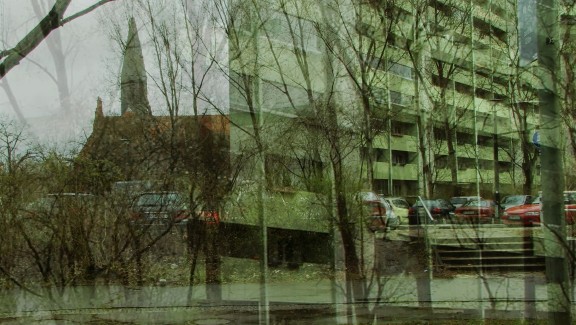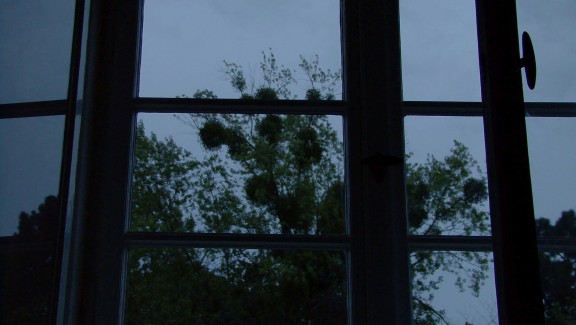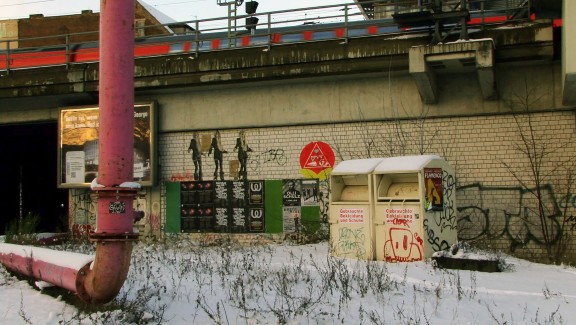Four Parts of a Folding Screen
Synopsis
Official Selection Rotterdam International Film Festival 2018 - World premiere
Details
- Year
- 2018
- Type of project
- Features
- Running time
- 83 mins 16 secs
- Format
- HD video / super 8mm
- Director
-
Anthea Kennedy, Ian Wiblin
- Producer
- Anthea Kennedy, Ian Wiblin
- Editor
- Anthea Kennedy, Ian Wiblin
- Screenwriter
- Anthea Kennedy, Ian Wiblin
- Director of Photography
- Ian Wiblin, Patrick Duval
- Sound
- Philippe Ciompi
- Composer
- Alexander Balanescu
- Principal cast
- With the voice of Maren Hobein
- Film Images
- ©Anthea Kennedy, Ian Wiblin
Genre
Production Status
Production Company
Anthea Kennedy, Ian Wiblin
Sales Company
Anthea Kennedy, Ian Wiblin
Page updates
This page was last updated on 12th May 2025. Please let us know if we need to make any amendments or request edit access by clicking below.
See also
You may also be interested in other relevant projects in the database.
 Alarm Notes
Alarm Notes
Director: Anthea Kennedy, Ian Wiblin
Year: 2025
A poetic memoir and political report, shot in Berlin and Leipzig, and in landscapes around the British Isles. The film’s narrative builds out from the events of the Reichstag Fire in Berlin in 1933 in which the pioneering German-Jewish sound recordist, Ludwig Koch, on whom the film ultimately centres, plays a minor role, placing him and his family in danger. The film is structured in two parts, juxtaposing Koch’s persecution in Nazi Germany with his experiences as a refugee recording bird song and other sounds in Britain. The film’s images of contemporary urban and rural terrains, and of objects and documents, create a collision between past and present. Shifts in time are further emphasised through the use of Koch’s original sound recordings from Germany and Britain which feature throughout the film. Official Selection FID Marseille 2025 - International Competition
 The View from Our House
The View from Our House
Director: Anthea Kennedy, Ian Wiblin
Year: 2013
An unseen woman witnesses the ordinary oppression and fear of the early years of National Socialism. She describes the sound of screaming she regularly hears on passing a military barracks whilst walking from her house to the station. Images of the barracks recur throughout the film, suggesting the routine tyranny that precipitates the woman's increasing fear and eventual journey into exile. The film's structure of repetition and retelling foregrounds the way in which her life is stunted by increasing marginalisation and terror. "I’m only just eighteen but sometimes I already feel so old that I think of dying," she writes in a letter to her would-be lover. The View from Our House is based in part on the memories, unsent letters and notebooks of a young photographer who lived in Berlin-Tempelhof. Aspects of her life are mapped out within this small area of Berlin through a succession of haunted images and sounds that imbue place with a sense of memory and history.
 A Distant Call
A Distant Call
Director: Andrea Suwito
Year: 2026
In the ancient Bugis way of life in Indonesia, gender non-binary ‘bissu’ were once revered spiritual leaders. Eka, one of the last remaining bissu, decides to leave behind their identity, searching for belonging in a world that insists on definitions.



